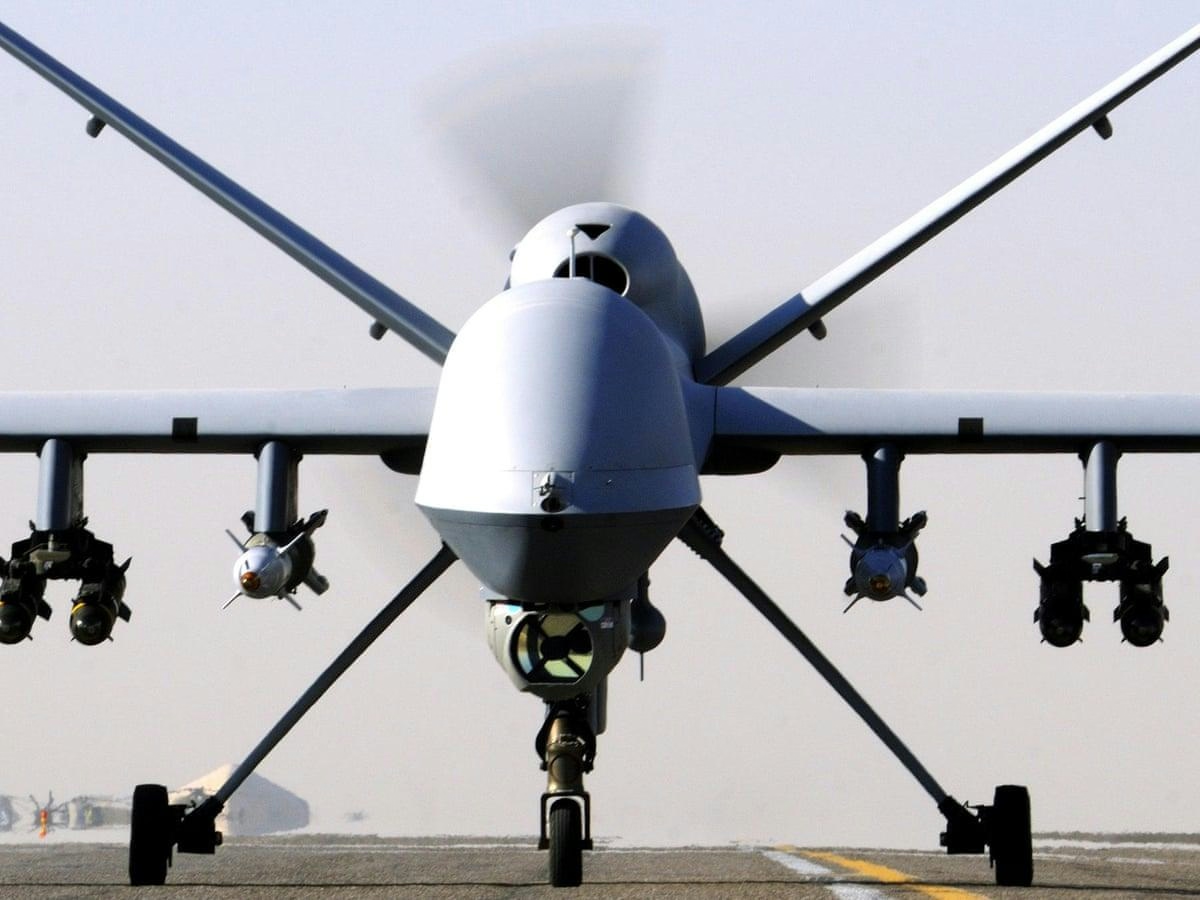AeroGenie — Your Intelligent Copilot.
Trending
Categories
IUA Urges New Insurance Approaches for Autonomous Aviation

IUA Advocates for Innovative Insurance Frameworks in Autonomous Aviation
The International Underwriting Association (IUA) has underscored the critical role insurers play in facilitating the adoption of emerging aviation technologies. As innovations such as air taxis and drone delivery services edge closer to commercial deployment, the IUA stresses the necessity of developing tailored insurance solutions to address the distinct risks these autonomous systems introduce.
Regulatory Confidence and Safety as Prerequisites
In response to a Law Commission consultation initiated by the Civil Aviation Authority and the Department for Transport, the IUA emphasized the importance of a robust regulatory framework to underpin autonomous flight operations. The association called for comprehensive certification processes to ensure safety and reliability, which are essential for insurers to confidently support both trials and commercial rollouts.
Tom Hughes, Director of Underwriting at the IUA, highlighted the industry’s proactive stance: “Insurers have a strong history of supporting the uptake of new technology, and our members are already embracing the growing use of unmanned aerial vehicles. Safety must be the paramount focus. Early-stage incidents could undermine public trust and deter insurers from participating in the market. A clear and enforceable regulatory regime will help mitigate risks and support the development of insurance products, whether through adaptation of existing policy wordings or the creation of new ones.”
Addressing Emerging Risks and Liability Challenges
The IUA’s statement reflects a broader recognition that traditional insurance models may be insufficient to cover the unpredictable risks associated with autonomous aviation. The industry faces significant challenges in crafting novel insurance products capable of addressing exposures arising from artificial intelligence-driven systems and automation. This evolving risk landscape is expected to prompt increased scrutiny in risk assessment and a growing demand for specialized coverage tailored to autonomous operations. Insurers may respond by enhancing existing policies or developing entirely new products to meet these needs.
A key concern highlighted by the IUA is the need to clarify liability frameworks. The current legal system, which largely attributes responsibility to human pilot error, requires reconsideration in light of autonomous technologies. The association advocates for a clear delineation of liability among operators, manufacturers, and software developers, emphasizing that legal certainty is vital for accurate risk evaluation. Ambiguities in liability could lead to protracted litigation and elevated insurance premiums.
The integration of artificial intelligence into aviation automation further complicates the risk environment. Drawing parallels with the motor industry’s evolving approach to liability in automated driving, the IUA noted that software developers may increasingly bear responsibility for incidents traditionally attributed to human pilots. Hughes remarked, “Product liability law must evolve to reflect the growing role of artificial intelligence in aircraft operation, air traffic management, route planning, weather forecasting, and maintenance.”
Preparing the Insurance Industry for Technological Transformation
The IUA’s call for new insurance approaches highlights the urgency for the insurance sector to adapt swiftly to the rapid technological advancements in aviation. Establishing a clear regulatory and legal framework, alongside innovative insurance models, will be crucial to supporting the safe and sustainable integration of autonomous aircraft into commercial airspace.

Emirates Unveils Cabin Design for New Boeing 777X

Eighteen Years On, the Airbus A380 Remains Central to a $34 Billion Airline

How a boom in luxury airline seats is slowing down jet deliveries

Navitaire Outage Attributed to Planned Maintenance

DigiYatra Debuts Outside Aviation at India AI Impact Summit

Vietnam Orders Strengthen Boeing’s Commercial Outlook

Airbus Signals Uncertainty Over Future A400M Orders

JobsOhio Awards $2 Million Grant to Hartzell Propeller for Innovation Center

Collins Aerospace Tests Sidekick Autonomy Software on YFQ-42A for U.S. Air Force CCA Program

How the Airbus A350-1000 Compares to the Boeing 777
